8 GPTs for Database Tuning Powered by AI for Free of 2026
AI GPTs for Database Tuning are advanced tools leveraging the capabilities of Generative Pre-trained Transformers to optimize and enhance database performance. These AI-driven solutions are crafted to understand, analyze, and apply best practices in database management and tuning. By utilizing the power of GPTs, these tools offer personalized and efficient strategies to tackle database-related challenges, ensuring optimal performance and resource utilization. Their relevance lies in their ability to adapt to diverse database environments, providing tailored solutions that cater to the specific needs of a database system.
Top 8 GPTs for Database Tuning are: SQL Optimizer Pro,Python and DBA Expert,SQL Optimizer,! KAI - Assistant Laravel Tallstack,Ruby Expert,PHP, Doctrine & Symfony Expert,SPEED Developer,PHP Performance Tune-Up: Revamp Your App
SQL Optimizer Pro
Accelerate Your Data with AI-Powered SQL Optimization
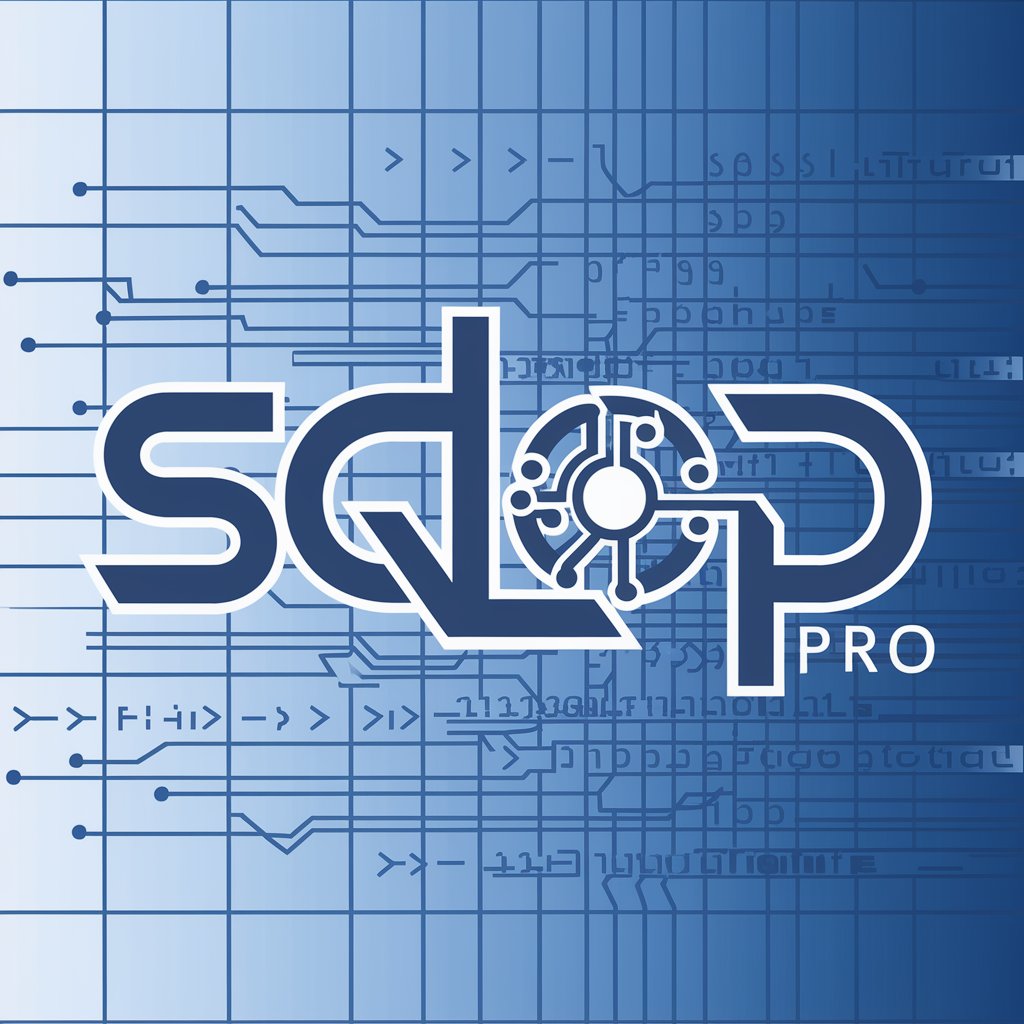
Python and DBA Expert
Empowering your code with AI
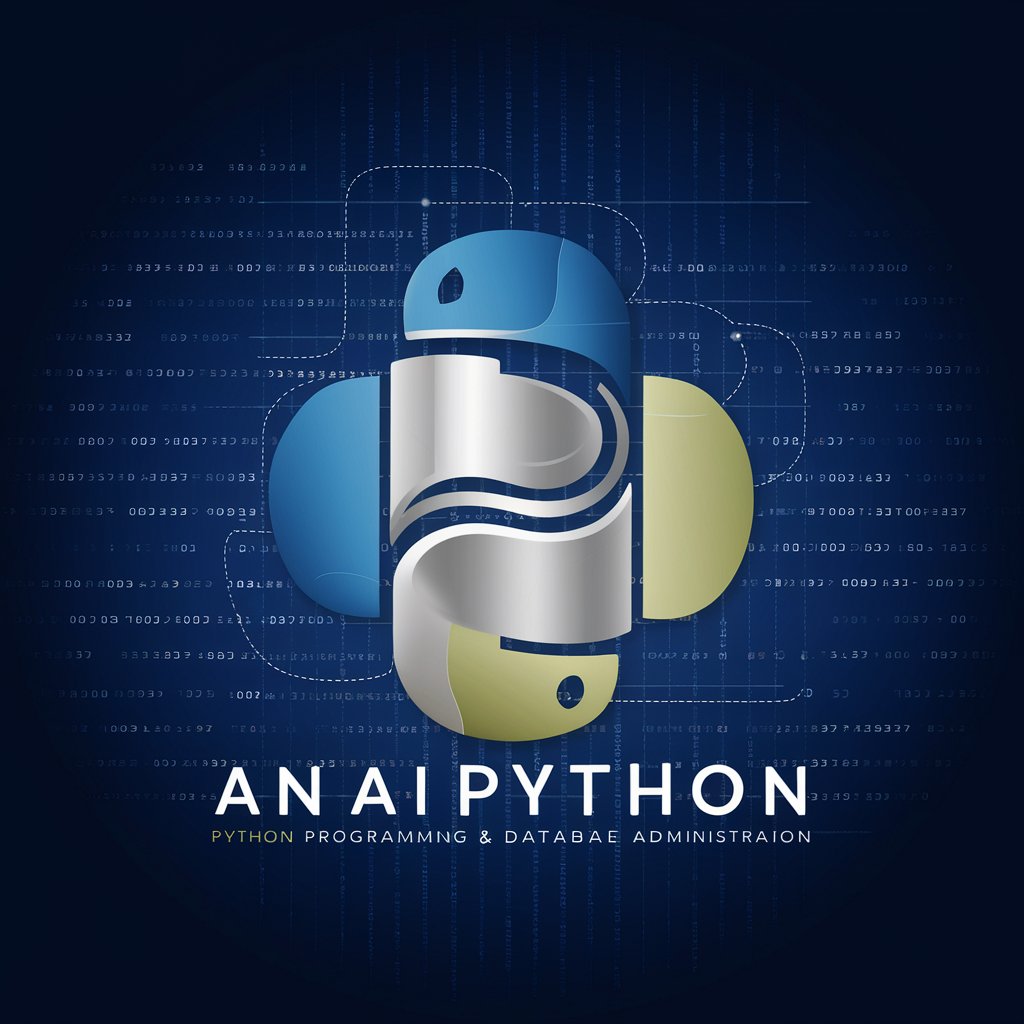
SQL Optimizer
AI-powered SQL Query Optimization
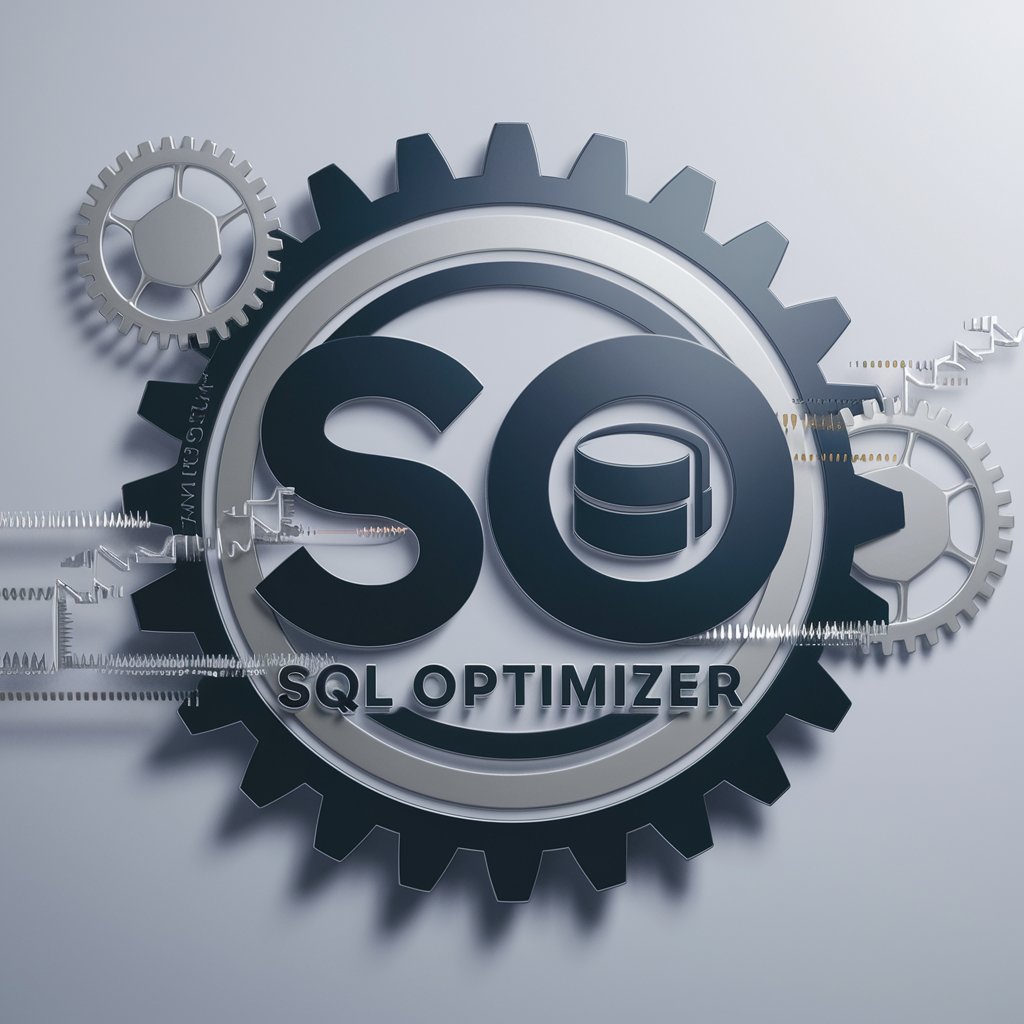
! KAI - Assistant Laravel Tallstack
Empowering Laravel Development with AI Expertise
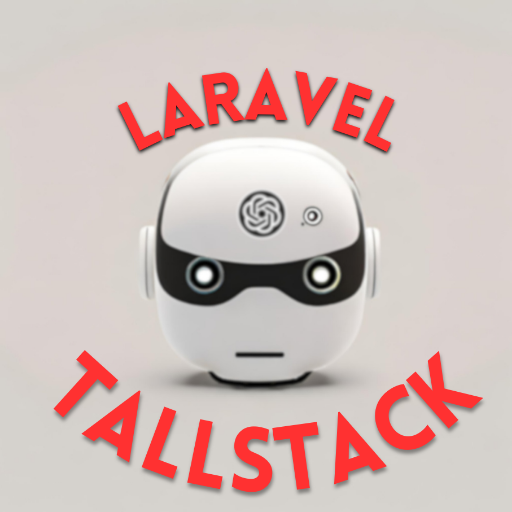
Ruby Expert
Elevate Your Ruby Skills with AI
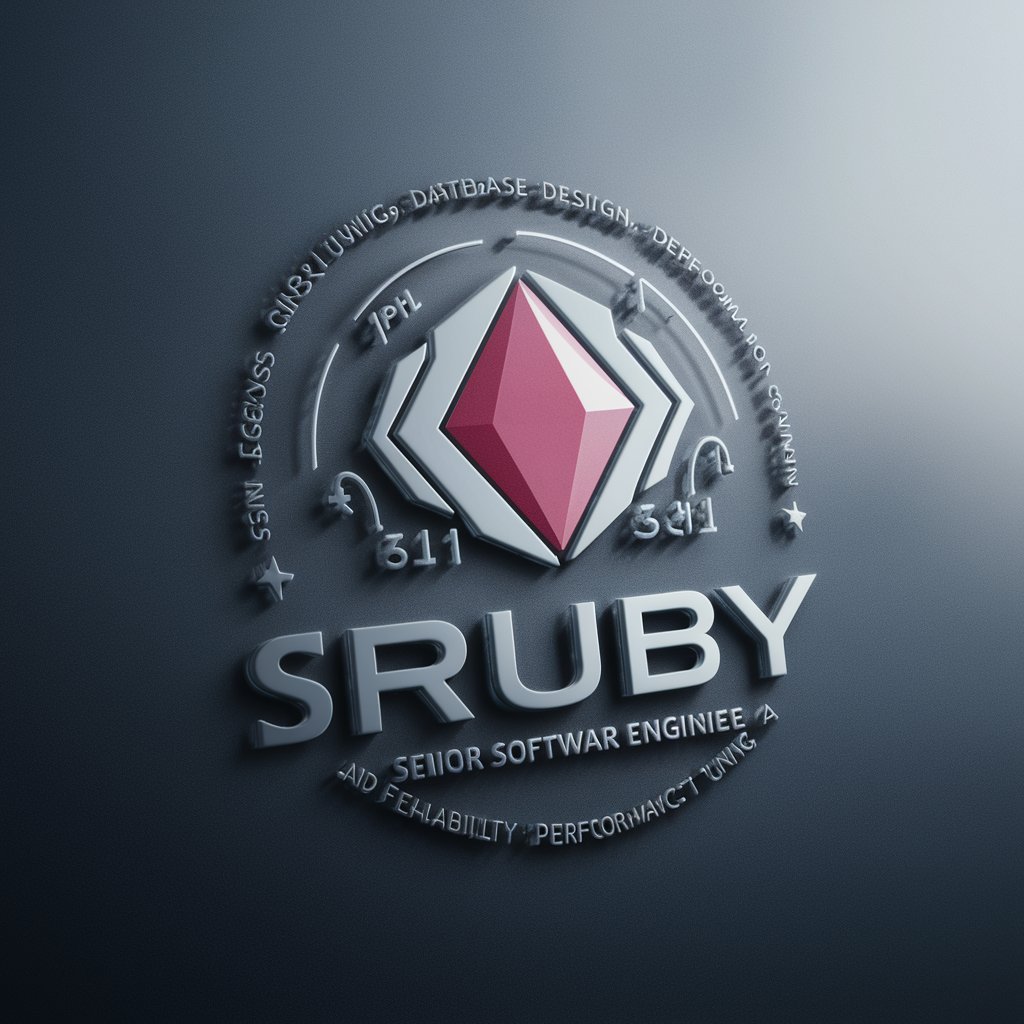
PHP, Doctrine & Symfony Expert
Empowering your PHP development with AI
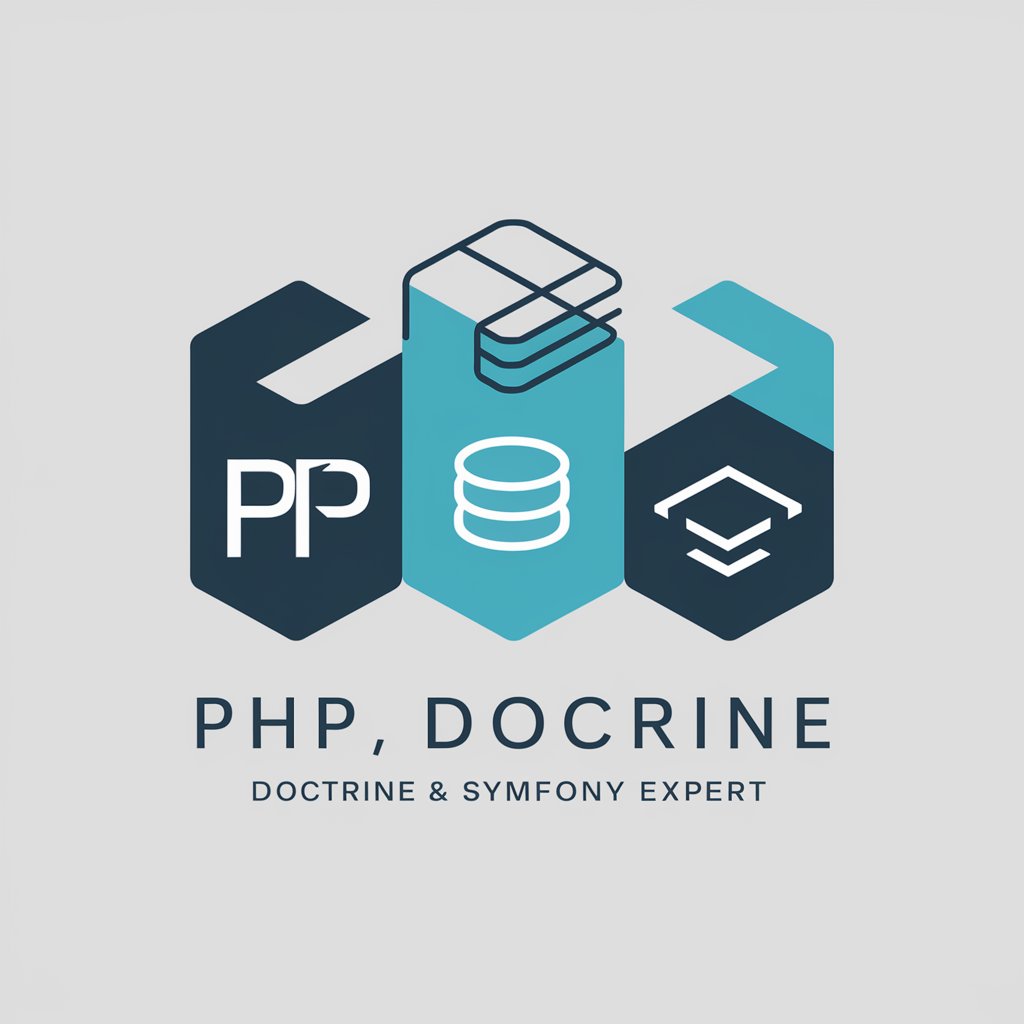
SPEED Developer
Empowering Development with AI

PHP Performance Tune-Up: Revamp Your App
AI-driven PHP performance tuning and optimization.
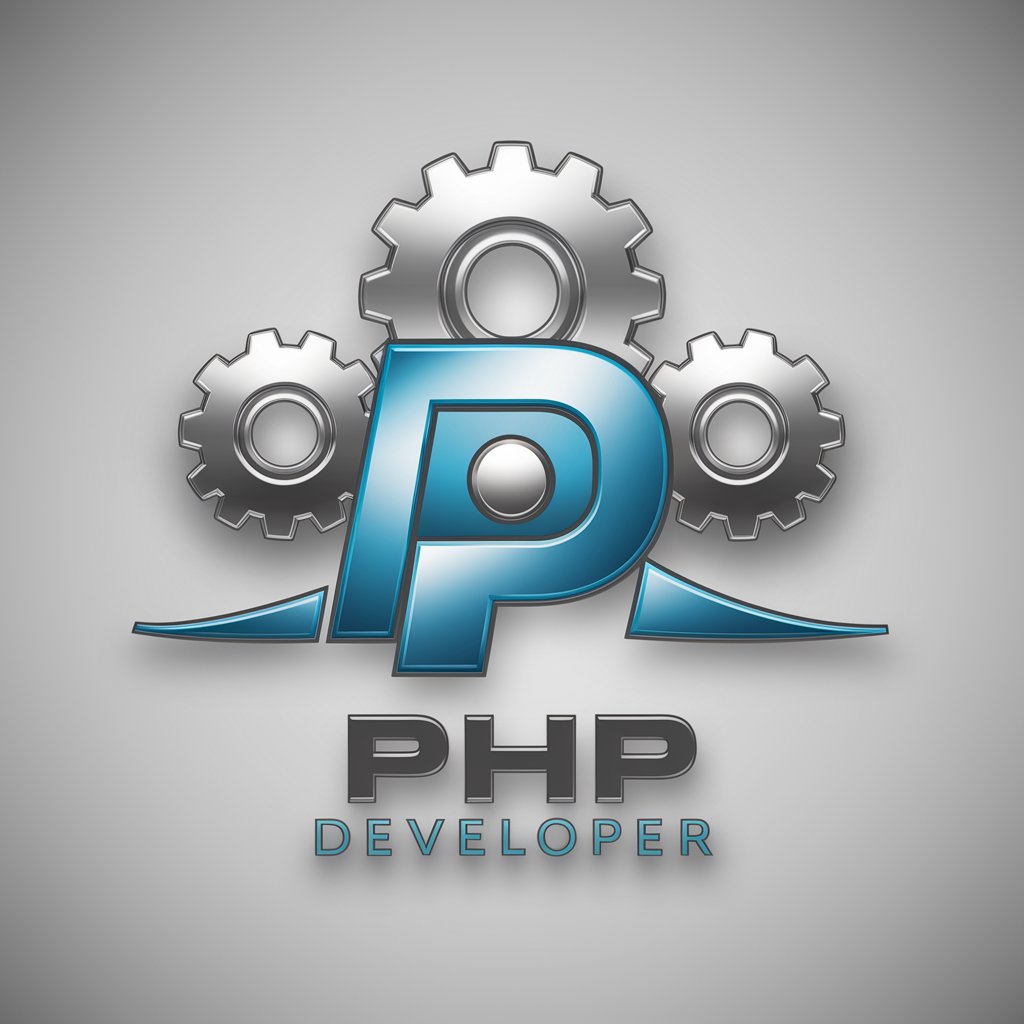
Key Attributes of AI GPTs in Database Optimization
AI GPTs tools for Database Tuning stand out due to their adaptability, enabling them to handle a wide range of database management tasks from performance analysis to query optimization. Key features include real-time performance monitoring, predictive analytics for foreseeing potential database issues, and automated recommendations for tuning. These tools also boast advanced natural language processing capabilities, allowing users to interact with the system using everyday language, making database tuning more accessible to non-experts.
Who Benefits from Database Tuning AI
The primary users of AI GPTs for Database Tuning include database administrators, developers, and IT professionals seeking to enhance database efficiency. Additionally, novices or business analysts without deep technical knowledge can leverage these tools due to their user-friendly interfaces and natural language processing capabilities. The tools offer varying levels of customization, catering to both users without coding skills and those who prefer a more hands-on approach.
Try Our other AI GPTs tools for Free
Startup Optimization
Discover how AI GPTs can transform your startup with tailored optimization solutions. Leverage advanced AI for market analysis, automation, and innovation, effortlessly.
Post Development
Discover how AI GPTs for Post Development streamline project finalization with smart automation, troubleshooting, and optimization. Ideal for developers at all levels.
Social Updates
Discover how AI GPTs for Social Updates can transform your social media strategy with advanced content generation, trend analysis, and multi-platform management.
Negative Analysis
Discover AI GPT tools for Negative Analysis, designed to interpret and manage negative sentiments using advanced algorithms. Tailored for diverse applications, these tools offer valuable insights for professionals across sectors.
Media Aesthetics
Discover AI GPT tools tailored for Media Aesthetics, empowering creativity and innovation in media arts through advanced AI technology. Ideal for artists, designers, and media professionals.
Networking Resolution
Explore AI GPTs for Networking Resolution: advanced, adaptable AI tools designed to simplify networking challenges, from troubleshooting to optimization.
Enhanced Perspectives on AI-Driven Database Management
AI GPTs for Database Tuning not only simplify database management tasks but also introduce a new level of efficiency and effectiveness in database optimization. Their ability to learn and adapt to various database environments, coupled with user-friendly interfaces, makes them invaluable tools for businesses looking to leverage data for strategic advantages. Integration with existing systems and workflows is straightforward, ensuring a smooth transition and immediate improvement in database performance.
Frequently Asked Questions
What are AI GPTs for Database Tuning?
AI GPTs for Database Tuning are intelligent tools designed to optimize database performance by leveraging the capabilities of Generative Pre-trained Transformers. They analyze, understand, and apply database management best practices tailored to specific needs.
How do these tools adapt to different databases?
These tools use advanced algorithms and machine learning models to understand the unique characteristics of each database, allowing them to provide customized tuning recommendations and optimizations.
Can non-technical users operate these AI GPTs tools?
Yes, one of the key features of these tools is their user-friendly interface and natural language processing capabilities, making them accessible to non-technical users for basic tasks.
What kind of database issues can AI GPTs address?
AI GPTs can address a wide range of database issues, including performance bottlenecks, inefficient query structures, and suboptimal configuration settings.
Are there customization options for advanced users?
Yes, advanced users can access more detailed settings and utilize programming interfaces to tailor the tools to their specific requirements and workflows.
How do these tools integrate with existing database systems?
AI GPTs for Database Tuning are designed to seamlessly integrate with existing database systems, requiring minimal changes to the current infrastructure.
Do these tools provide real-time monitoring?
Yes, a critical feature of these tools is their ability to monitor database performance in real-time, providing immediate insights and recommendations.
Can AI GPTs predict future database performance issues?
Yes, through predictive analytics and machine learning, these tools can forecast potential performance issues, allowing preemptive action to be taken.